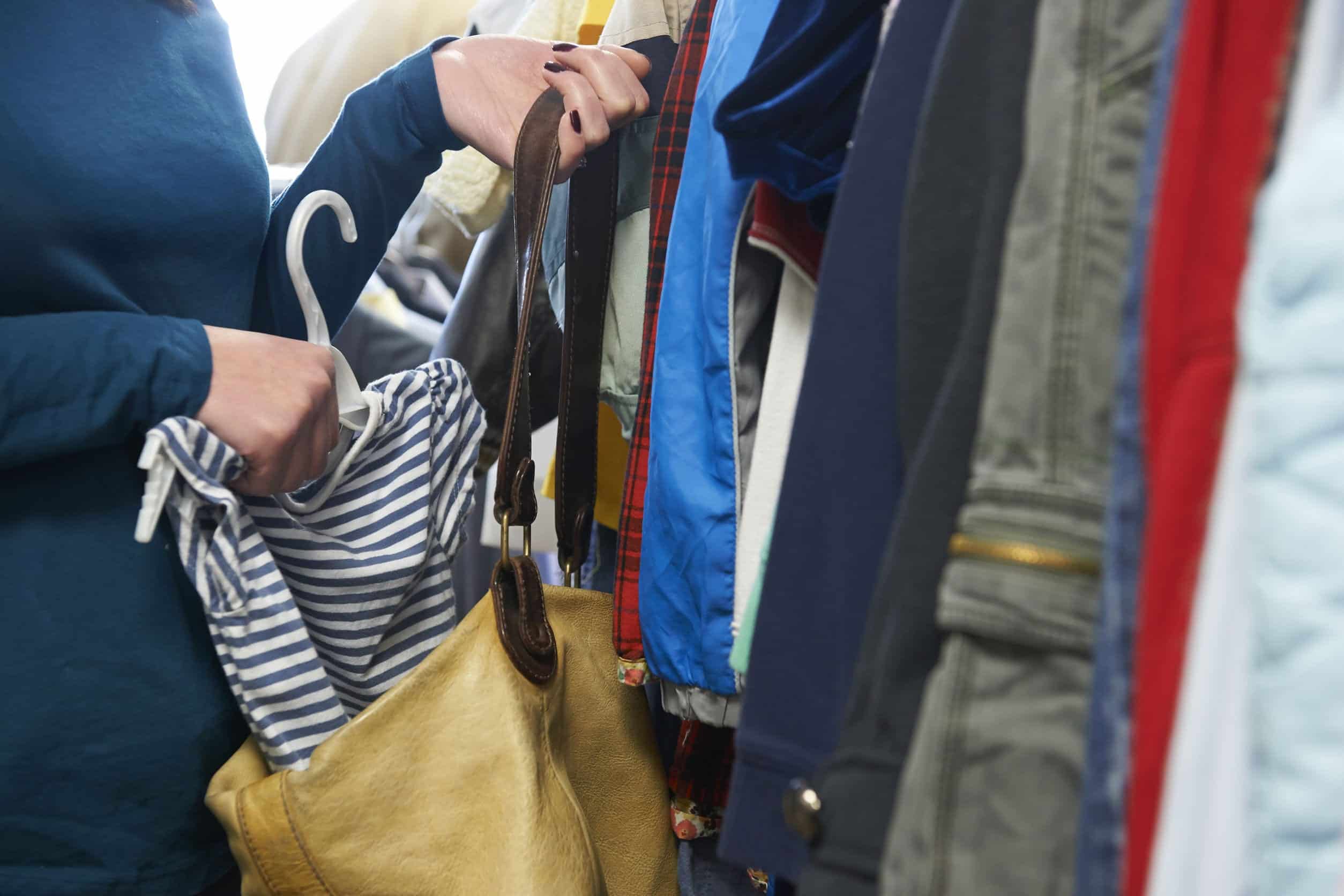- Home
- THE FIRM+
- Criminal Defense+
- CASE RESULTS
- AREAS WE SERVE+
- FAQ’s
- Blog
- Contact
AZHARI LLC BLOG

Posted By: Sami Azhari
Category:
Shoplifting is a common criminal offense, and many states consider it a relatively minor transgression. However, in Illinois, the infraction is met with stiff criminal penalties. In fact, this state’s shoplifting laws are some of the toughest in the nation.
Fortunately, that may change soon. Lawmakers are currently considering new legislation aimed at easing the penalties on retail theft. House Bill 1614 asks for sentencing more appropriate to the crime.
So, how bad are Illinois shoplifting penalties right now, and what exactly are the reforms being proposed? Let’s take a closer look.
Current Illinois Shoplifting Sentencing and Penalties
As with all theft crimes, Illinois shoplifting is sentenced and penalized based on the value of the stolen merchandise, and can be fairly easily defined. Charges are usually either a Class A misdemeanor or a Class 3 Felony, and repeat offenses can equate to enhanced charges.
Think in terms of “under and over.”
Under $300 Value
When stolen goods have a total retail value under $300, a first offense is a Class A Misdemeanor. A conviction is punishable by 12 months or less in prison, and a maximum fine of $2,500.
Over $300 Value
Any conviction for retail theft valued at more than $300 is considered a Class 3 Felony. You may face two to five years imprisonment and up to $25,000 in fines.
Subsequent Offenses
Subsequent shoplifting offenses carry enhanced charges of Class 4 Felony which can double or triple your jail time, and multiply your fine ten fold.
Are Illinois Shoplifting Penalties Really That Bad?
Unless you’ve lived (and stolen property) outside Illinois state lines, you may not realize the felony threshold for shoplifting here is extremely low. Only six other states have a felony threshold to match. To put this in perspective, the penalty for shoplifting a nice purse over $300 is the same as that of aggravated battery.
Illinois is also unique in that second offenses are considered felonies regardless of the value of shoplifted items. So, get caught stealing $3 lip gloss twice, suddenly you’re a convicted felon serving prison time.
It really is a lot – too much, say advocates of House Bill 1614.
Illinois House Bill 1614 Would Reappropriate Resources
These unreasonably harsh penalties are unfair to defendants, and also place an enormous burden on the criminal justice system.
House Bill 1614: Reform to Retail Theft Sentencing and Penalties proposes that lessening the penalties for shoplifting will allow the criminal justice system to divert resources to violent offenses that compromise public safety.
Moreover, because shoplifting is often linked to mental illness and substance abuse, resources currently used to imprison shoplifters could treat underlying issues instead, preventing recidivism.
These reforms could also reduce the state’s prison population.
Exactly How Would Illinois Shoplifting Law Change?
Two elements in the new bill could be game changers in the way retail theft cases are handled. This bill proposes a raise in felony threshold and change the way enhancements are doled. The way HB 1614 is drafted now:
- The felony threshold for shoplifting would be lifted from $300 to $2,000.
- Those with priors and facing new charges would only be subject to the felony enhancement if the prior convictions were also for felony theft.
Although the bill has traction, it’s been met with opposition from Illinois retailers. They argue that easing shoplifting penalties will encourage the offense, which is already a major source of revenue loss.
Rumors of compromise suggest that the felony threshold will be lowered in the final bill, potentially to the neighborhood of $1,000. It’s unclear what the final terms of the bill will be, or whether it will pass.
In the meantime, expect the same unreasonable penalties for any shoplifting offense. This means that in Illinois especially, it’s imperative you have an experienced Illinois retail theft attorney in your corner, fighting back to beat or reduce any shoplifting charges against you.
About the Author
Sami Azhari has been working as a lawyer since 2007, after receiving his Juris Doctor from the Michigan State University College of Law. He has handled numerous state and federal cases, and is known throughout the Chicago and Rolling Meadows area for providing his clients with high-quality, skilled representation. He has been recognized by SuperLawyers, the National Trial Lawyers Association, and other notable organizations, and has spoken at a number of legal conferences.


























































